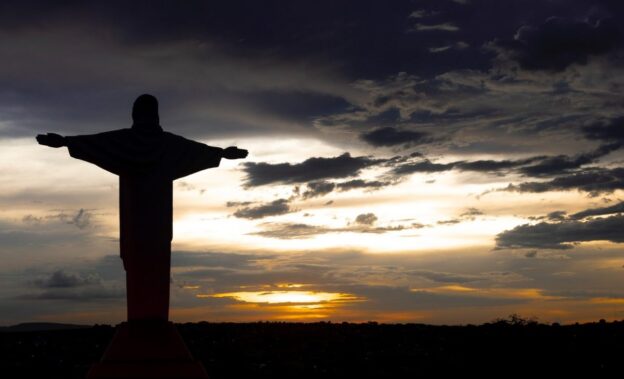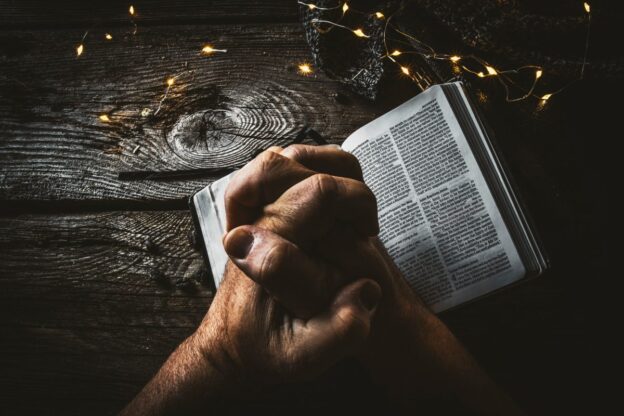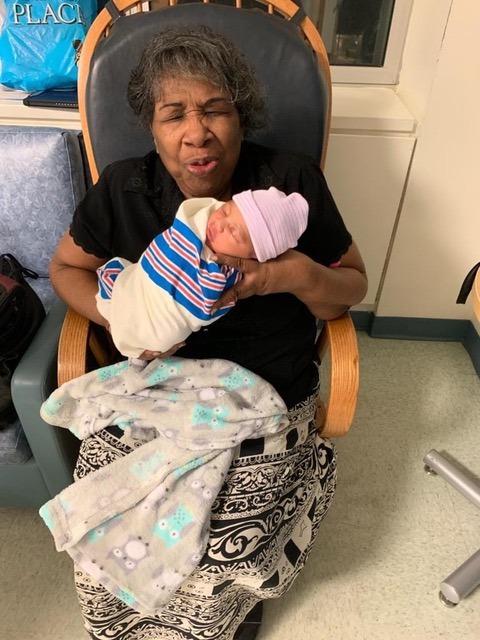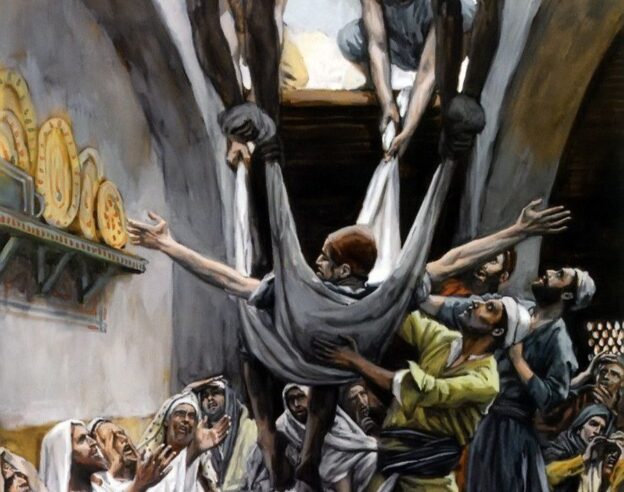The apostle Peter is one of my favorite people in the Bible. He reminds me of me. Following Jesus is not always easy for me; from the very beginning, Peter seems to have experienced a similar sense of struggling as he sought to follow. Peter was a searcher with a good heart. He stumbles but tries his very best to follow. He’s always open to growing in his relationship with Jesus, even if that growth involves some pain. Peter was full of emotion, giving himself completely to Jesus at one moment, but then fearfully retreating from Jesus the next.
In Matthew 16:13-16, we read, “When Jesus came to the region of Caesarea Philippi, he asked his disciples, ‘Who do people say the Son of Man is?’ They replied, ‘Some say John the Baptist; others say Elijah; and still others, Jeremiah or one of the prophets.’ ‘But what about you?’ he asked. ‘Who do you say I am?’ Simon Peter answered, ‘You are the Messiah, the Son of the living God.'” (NIV)
What did Peter proclaim about Jesus? But now in Matthew 16:21-22, we see, “From that time on Jesus began to explain to his disciples that he must go to Jerusalem and suffer many things at the hands of the elders, the chief priests and the teachers of the law, and that he must be killed and on the third day be raised to life. Peter took him aside and began to rebuke him. ‘Never, Lord!’ he said. ‘This shall never happen to you!'” How is Peter responding now?
Peter was genuine in all of his interactions with Jesus. He boldly declared his belief that Jesus was the Messiah (Matthew 16:16), and then immediately questioned and chastised Jesus for talking about the suffering that lay on the horizon (Matthew 16:22). That last bit may have been bumbling and inappropriate, but it was genuine. Peter genuinely offered Jesus his entire being – the good and the bad.
We read about these contrasts between the good and bad sides of Peter throughout the gospels. He simply didn’t always know what it meant to follow Jesus. When Peter witnessed the astonishing event of Jesus talking with Moses and Elijah on the mountain, all he could think to do was to offer to build shrines, places for each of them to live. (Matthew 17:1-11, Mark 9:2-9, Luke 9:28-36). When he sees Jesus walking on the water, he boldly climbs out of the boat, seemingly full of confident faith, yet when the wind and waves appear too much, he flounders in fear. (Matthew 14:22-33)
Washing another person’s feet was a common way of expressing hospitality and servanthood in the first century. Jesus washed the disciples’ feet on the night he was arrested. (John 13:1-9) When it was Peter’s turn, he felt completely unworthy, so he declined. And yet, when Jesus responded that it was necessary in order for Peter to be a part of him, Peter’s love poured forth: “Lord, not my feet only but also my hands and my head!” (John 13:9, NRSV)
Peter genuinely desired to follow Jesus, even if he didn’t always know exactly what that meant; and he was willing to offer his entire self, even his shortcomings.
The question for each of us is, how willing are we to offer our entire selves to God – including our shortcomings?
Peter was willing to offer Jesus his entire self – shortcomings and all – because intuitively he knew that Jesus had created safe space between them. His intuition was correct. Jesus had created safe space, because Jesus understood Peter. Jesus knew how truly human Peter was. He knew that deep down in his heart, Peter desired to follow him, even though Peter’s understanding and capabilities were dramatically limited.
Jesus knew Peter well enough to call him the rock upon which he would build his church (Matthew 16:17-19); yet also knew him well enough to predict accurately that before the rooster crowed twice, Peter would deny three times that he even knew him at all. (Mark 14:26-31)
We are all like Peter. We too are truly human, with all of the frailties and limitations that brings. Just as he understood Peter, Jesus also understands us. Jesus knows that there are times when we want to follow; there are other times when we choose to shy away. But Jesus’ call to Peter was to follow, not at a distance—not in the shadows, afraid of what might happen next—but to move into the light and follow boldly, whatever came his way.
This is Jesus’ call to us as well. Jesus knows how limited our resources are. He knows that life is full of choices, temptations, and complex situations where we become confused and frightened. Yet he desires our faith to be real and authentic, and so he calls us to follow him anyway, closely, not at a distance.
We are in the midst of Lent, working our way toward the week of Jesus’ crucifixion and death. As you fast and pray, reflect on the idea of a “safe space” between you and God. Do you sense the safety of that space? If not, I pray you will use your time of prayer to bring that experience honestly before God, opening yourself to the movement of the Holy Spirit in response to your need.
Jesus would go on to say, “If any of you wants to be my follower, you must give up your own way, take up your cross, and follow me. If you try to hang on to your life, you will lose it. But if you give up your life for my sake, you will save it.” (Matthew 16:24-25, NLT)
During this next month, use your time of prayer and fasting to become more aware of the ways in which Jesus may be calling you to step out of the boat. And then step out in courage, knowing that Jesus understands that you are fully human, with all the frailties and limitations (but also with all the creativity and boldness) that brings.










